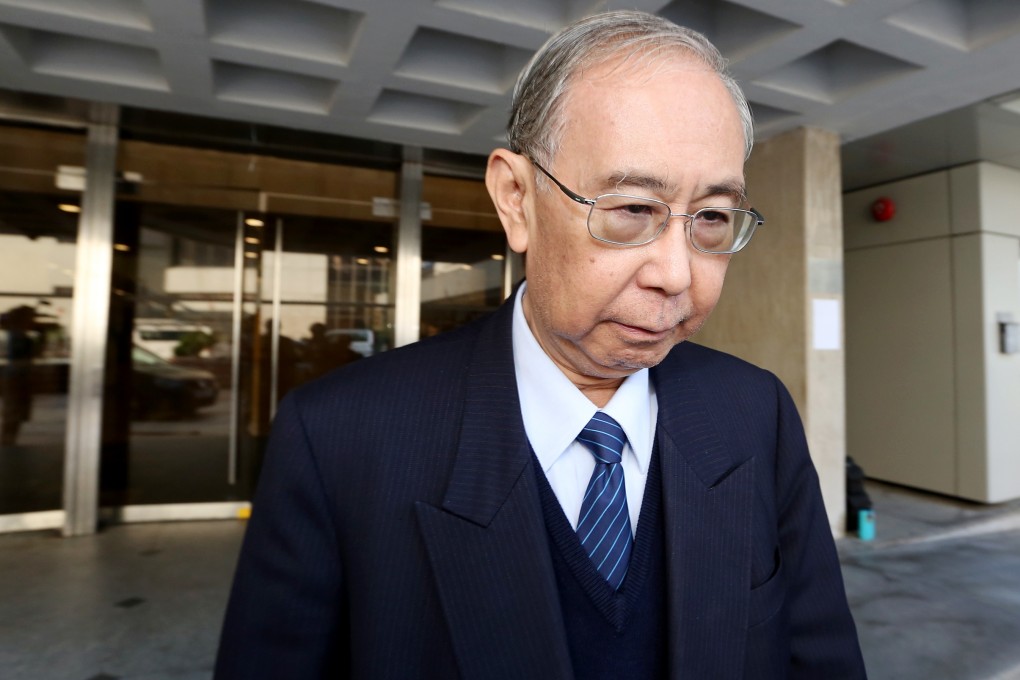Kwok brothers feared SHKP would go bust under eldest sibling's leadership
Thomas and Raymond Kwok were afraid their property empire would be wound up under 'crazy' eldest sibling's leadership, court told

The two Kwok brothers who now chair Sun Hung Kai Properties feared in the 2000s that their business empire might have to be wound up if it continued to be led by a sibling who had "gone crazy", the High Court heard.
The rift within the Kwok family unfolded further on the 100th day of the high-profile graft trial yesterday, through the defence testimony of their subordinate, SHKP executive director Thomas Chan Kui-yuen.
Chan, 68, also expressed anger that a HK$12 million sum he handed over for an investment in 2007 was transferred within 36 hours to the high-spending Rafael Hui Si-yan, the former government No 2 who is accused of taking bribes.
Chan denied prosecution allegations that he was part of an "elaborate disguise" to help the company's co-chairmen, Thomas Kwok Ping-kwong and Raymond Kwok Ping-luen, bribe Hui to the tune of millions of dollars between 2005 and 2009 to be their "eyes and ears" in the government.
The family rift was apparent in Raymond Kwok's 2001 diary, parts of which Thomas Kwok's lawyer read out concerning their older brother, Walter Kwok Ping-sheung.
"Walter Kwok gone crazy", "he's sick", "he cannot trust anyone", "he has a splitting character" and "his face can change quickly" were among the words the youngest brother penned in his diary, Mr Justice Andrew Macrae and the nine jurors heard.
Chan agreed to all the descriptions except the one about Walter Kwok being "crazy". Rather, he said he would describe him as "not the person he used to be".